Medication Adherence Meaning: How Loneliness Impacts Patients’ Ability to Stay on Treatment
Medication adherence is defined by the World Health Organization as “the degree to which the person’s behavior corresponds with the agreed recommendations from a health care provider.” When we talk about medication adherence, it’s easy to picture it as a checklist with one item: Did the patient take their medication today?
But understanding the true medication adherence meaning goes far deeper. It’s not just about remembering doses; it’s about helping patients stay connected, confident, and emotionally supported throughout their care journey.
At its core, medication adherence means how closely a patient follows the treatment plan from taking the right dose at the right time to staying consistent over weeks, months, or even years. But behind every dose is a human story, one shaped by understanding, motivation, and connection.
The Emotional Side of Adherence
Pleio’s national survey, Loneliness and Health Behaviors: A Missing Link in Chronic Care, uncovered that emotional and social isolation have a powerful influence on adherence.
- 52% of patients on non-specialty medications said loneliness reduced their motivation to attend doctor appointments.
- Among those on specialty medications, that number jumped to 71%.
- 71% of specialty patients also said they struggled to remember key health information given at diagnosis, compared to 49% on generic medications.
These findings show that loneliness doesn’t just affect mood, it affects memory, motivation, and follow-through. In other words, understanding the meaning of medication adherence requires looking beyond behavior and into emotion.
Medication Adherence Meaning in Practice
Think of adherence not as a one-time task, but as a relationship. True adherence happens when patients feel heard, understood, and supported, not judged or pressured.
Pleio’s human-first model helps uncover what’s really standing in the way. Sometimes it’s confusion about dosing or instructions. Other times, it’s fear, mistrust, or worry. By identifying these emotional barriers early, Pleio’s peer-to-patient conversations help transform hesitation into confidence.
Human Connection Makes Adherence Stick
The meaning of medication adherence changes when empathy enters the equation. When patients receive personalized, human support, they’re not just reminded to take their medication, they’re motivated to keep going because someone believes in them.
At Pleio, we combine empathetic human connection with AI-powered insights to understand what patients truly need to succeed. This blend of human and technology helps patients move from feeling overwhelmed to feeling empowered, turning hidden emotional friction into lasting confidence, connection, and adherence. To learn more visit pleio.com.
